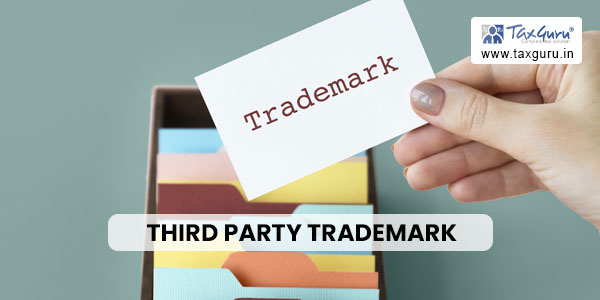In this modern day and age of the internet, modes of advertisement have evolved from print and television advertisement to online advertisement. Over the last decade as accessibility to the internet in this country grew, online advertisement has become the most convenient and cost effective way for businesses to endorse and market their product. The internet is a vast space filled with information, and in order to market their product to a large number of people businesses have adopted key-word advertisements, such as google ads, meta-tags, hyper-linking etc. While it is not illegal to advertise products by use of meta-tags, the question before us here is that does use of a 3rd party trademark by way of meta-tagging in google ad amounts to infringement of registered trademark?
Understanding Meta-Tags:
‘Meta-tags’ are those non-visible text/machine-readable codes that are embedded in the source code of the webpage as part of HTML which describes the subject matter of the webpage. These Meta-Tags help the search engine in determining whether the page is relevant to the search terms entered into the search engine. Hence by using meta-tags as keywords when a consumer searches for a website online, the first website that appears on top is the one that used that meta-tags, under sponsored links.
Meta-Tagging and Trademark Infringement:
Courts around the world are divided on whether the use of a trademark as meta-tags/keywords amounts to infringement or not as by using meta-tags there is not a visible “use” of the trademark rather there is an invisible use. In India, however, courts through various judgments have opted the view that even invisible use of trademark as meta-tags amounts to infringement.
Legal Precedents:
For instance, in the case of M/S DRS Transit Pvt. Ltd. & Anr. VS Google India Pvt Ltd & Ors. The High Court of Delhi held that invisible use of trademark as meta-tags comes under the definition of “use” under trademark act and furthermore it held that Trademark Act, 1999 makes it clear that infringement can be in the way of spoken word which is different from print or visual use of trademark. The court therefore held that use of trademark as keyword/meta tags amounts to infringement.
Similarly in the case of Kapil Wadhwa V. Samsung electronics co. ltd, High Court of Delhi held that use of third party trademark as meta-tags amounts to infringement as it allows the defendant to ride on the reputation of the plaintiff.
Furthermore, in the case of People Interactive Pvt. Ltd. V. Gaurav Jerry, High Court of Bombay held that use of trademark in meta-tags is illegal as the defendant has plainly hijacked internet traffic from plaintiff’s website malafidely and with a dishonest intention, thus the defendant has through its action diluted the and compromised trademark of plaintiff and the defendant’s action is nothing short of online piracy and cannot be allowed to continue.
In the case of Make My Trip Pvt. Ltd. V. Booking.com & Ors. the High Court of Delhi held that, “The reason why the user may be searching for a particular mark is due to the investment made by the trademark owner in the said mark in promotion, advertisement, merchandising and other promotional activities. The user acquires knowledge of the mark due to the investment made by the proprietor and the popularity that the mark achieves. When a user, therefore, searches for a well-known mark or a mark, which he or she has heard about in the past, on a search engine, it is due to the goodwill and reputation which is associated with the mark. It has nothing to do either with the search engine or with the competitor. The distinctive character of the said mark is because of the use by the Plaintiff and the promotion which the Plaintiff does of its own trademark.”

In addition to this the Court further held that , “by using a registered trade mark as a keyword, Google Ads Program seeks to create a platform for two competitors to bid against each other for the marks belonging to each other for better visibility of their goods and services on the search engine. Therefore, in effect, what a trademark proprietor is being forced to do is to bid for its own trademark, in order for the advertisements of its goods and services under the said trademark to be reflected in the advertisement section of the search results and not be hijacked by a competitor. This entails the trademark owner to make investments in the Google Ads Program on a daily basis, failing which its competitors could use the trademark for advertising their own goods and services and have listings higher on the Google search results.”
Court further stated that to allow competitors to encash upon the reputation of the plaintiff’s mark is not permissible.
Conclusion
Ambit of what amounts to trademark infringement is widening with technological advancement, the traditional definition and understanding of trademark infringement is vieux jeu, which is coherent from analyzing above cases, it is clear that use of third party’s trademark as meta-tags amounts to infringement and the courts have restrained parties from continuing this practice. Therefore invisible use of trademark as meta-tags/keywords amounts to trademark infringement and is covered by the Trademark Act,1999 and with ever evolving technological advancement the scope and interpretation of what amounts to infringement evolving with it is inevitable.




